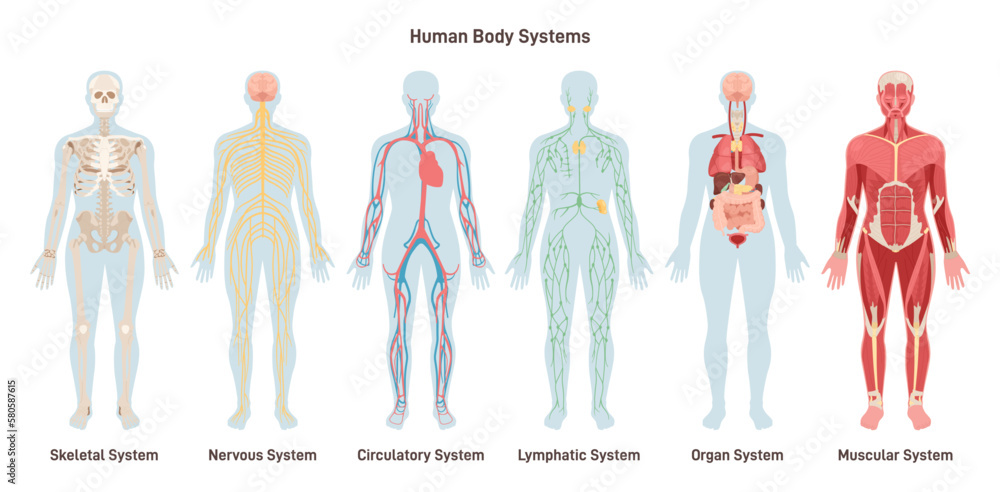Pharmacy Practice II. Students continued focus on these areas of practice: ethics and professionalism, legal requirements that guide professional practices, drug diversion, accountability and life long learning, health teaching and information sharing, decision making and best practices. Students will continue to explore the role of legislation and regulatory requirements in the application of drug schedules through a variety of activities including discussion forums, quizzes, assignments and the comprehensive final exam.
- Teacher: Audra Spielman
PTEC 221 Product Distribution and Dispensing Practices is an experiential lab course in which students apply the knowledge and skills acquired from previous theory courses to process and dispense prescriptions safely, efficiently and effectively in community practice settings. Students practice the technical aspects of processing prescriptions including interpreting prescriptions, performing calculations, documentation, and verification. Principles of inventory management and best practices in pharmacy record keeping are integrated into the learning activities. Students apply and demonstrate effective interpersonal communication and health teaching skills associated with the dispensing process.
- Teacher: Jennifer Masini
PTEC 220 Technology for Product Distribution introduces students to the management of database information and technology used in the pharmacy to dispense medications. Students apply concepts learned in previous theory courses to pharmacy case study scenarios using pharmacy dispensing software. Accuracy and completeness of database information and appropriate use of technology systems to support safe product distribution are emphasized. Students apply and demonstrate ethical, legal and professional standards in the lab and simulated pharmacy. Concepts explored in this course provide a foundation for subsequent lab courses in the program.
- Teacher: Jennifer Masini

Pharmacology I is part one of a two-part course that covers the study of drugs and their properties, effects, and therapeutic value in the major drug categories. Upon completion, students will be able to place common drugs into correct therapeutic categories and identify indications, side effects, trade and generic names, major drug interactions and storage considerations. Students will learn the essentials of pharmacology and how it relates to dispensing and patient safety. Students will explore and practice assessing when a patient should be referred to a pharmacist, identify drug related problems and discuss appropriate monitoring parameters. Knowledge gained in this course will support the pharmacy technician within their scope of practice in a collaborative interprofessional health care team.
- Teacher: Melissa Bleier

Pharmacy Calculations covers the mathematical skills required in the practice of pharmacy. Students examine measurement systems, decimals, fractions, and ratio and proportion concepts. The metric system, in keeping with health care standards in Canada, is a main focus of the course. The interpretation of numerals, symbols, and Latin abbreviations used in the pharmacy is a focus of all course assignments and exams. Exploration of dilution and concentration, percentage strength, and compounding calculations prepare students for hands-on lab classes in dispensing, compounding and sterile product preparation. Emphasis is placed on completing all calculations with 100% accuracy in preparation for application and testing in the lab classes and practicum.
- Teacher: Melissa Bleier
The Profession and Scope of Practice for Pharmacy Technicians.
Federal and Provincial laws.
Regulations and standards that govern pharmacy practice in the Canadian Health Care System.
Ethical and professional practice.
- Teacher: Audra Spielman

Anatomy, Physiology and Medical Terminology is an introduction to medical language, and the anatomy and physiology of the human body using a body system approach. Students will learn to describe normal functioning of body systems and begin to explore the pathophysiology of common diseases and medical conditions that will be covered in Pharmacology I and Pharmacology II.
- Teacher: Melissa Bleier
- Teacher: Chelsie Panton

Interpersonal Communication in Pharmacy focuses on self-awareness and effective interpersonal communication skills required of professionals working on the health care team and as an online learner. Students learn how to actively listen and respond, account for differences that may influence understanding and engagement in conversation, and strategies to support personal wellness and professional boundaries.
- Teacher: Audra Spielman

Interpersonal Communication in Pharmacy focuses on self-awareness and effective interpersonal communication skills required of professionals working on the health care team and as an online learner. Students learn how to actively listen and respond, account for differences that may influence understanding and engagement in conversation, and strategies to support personal wellness and professional boundaries.
- Teacher: Audra Spielman

Pharmacy Technician Program Orientation: This short course, will prepare you for the rest of the program courses with assignments and activities just like those in the rest of the program. Also here we will discuss what will be expected of you and how to get yourself organized to succeed.
- Teacher: Melissa Bleier
